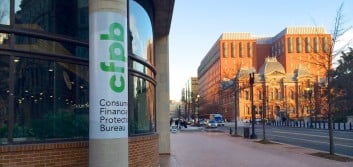“Do not pick up nickels in front of the steamroller!”

It seems like every time a sudden and severe shock hits the financial markets, all the fancy hedge fund investment strategies that use monikers like, “Enhanced Return,” or “Alpha Plus” go from being perfectly fine to gone within a month. This has happened in the major market blow-ups in 1998, 2001, 2008, and 2020, with a few notable semi disasters (2002, 2013, 2016) thrown in between. Then, when the dust clears, investors are pulverized, and fund managers close up shop so as not to have to work the next 5 years for free to make up remaining investors’ losses.
Naturally, with 2020 being easily the worst economic disaster to hit in nearly a century, the “Alpha” and “Enhanced” hedge fund story has been no different. Recently, one fund run by a very prominent money manager dropped a cool 75% in March. You almost have to try to lose 75% in a month, kind of like Max Bialystock and Leo Bloom in “The Producers.” Many other hedge funds have followed suit, only losing 25% or so. What we find is the same, old story. We find out that the managers with their rocket scientist degrees were, when it comes down to brass tacks, selling puts and calls on an index like the S&P 500 and collecting premiums every month –which was great until the market blew up. Sure, they may have been trading fancy things like “Skew Vol” vs. “VIX” or some other attributes with Greek letters, and no doubt, there were some cool algorithms, but in the end, it was simply selling volatility that blew them up. We call this, “The Picking up Nickels in Front of the Steamroller” strategy.
So much of the selling volatility strategies are part of “The Fed has my back” approach to market investing. Let’s face it; the Fed has been supportive of risk for far too long. The increase in their support has been parabolic. This is what leads to long periods of declining volatility and price inflation for risk assets like equities and corporate credit. Pressure builds, as the degree of Fed support increases, and each blow-up tends to be more spectacular than the last. That is why, before the Fed and Treasury came in the markets in March with the message of, “Put the sell button down, we’re going to be buying everything!” the most liquid markets in the world, US Treasury and Agency Mortgage-Backed Securities markets were simply broken. Anyone who relied on leverage through borrowing was being margin called out of existence.
continue reading »




